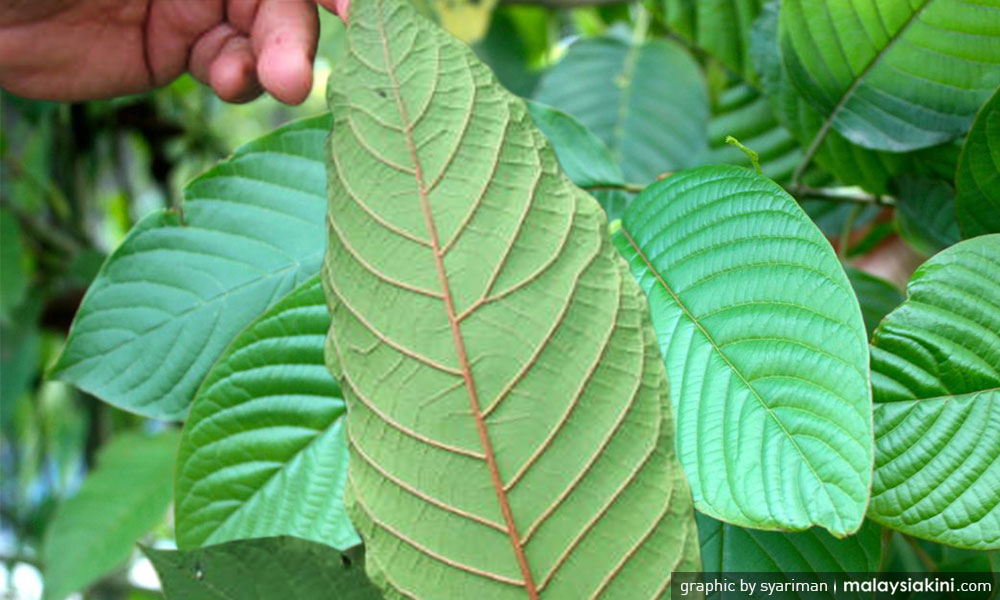LETTER | Losartan is an anti-hypertensive drug used worldwide for people with hypertension. During the synthesis of this drug, several chemicals are used and usually these intermediate chemicals are eliminated, and the end products are pure drugs, the purity is usually very high.
However, there are times where impurities become higher due to contamination and inability to remove the intermediates from the products. In the case of losartan, there were several times when contaminations were encountered. Previously NDMA (N-Nitrosodimethylamine) and NDEA (N-Nitrosodiethylamine) were detected.
The US Food and Drug Administration (FDA) said that levels below a certain value were allowed because it does not pose a real carcinogenic effect to patients, and they were allowed to be sold and consumed.
In this case, NMBA (N-Nitroso-N-Methyl-4-aminobutyric acid) was found at a level claimed to be below the level that causes cancer in patients. However, there were some batches during the manufacturing process which reached the level above the allowed value, meaning that they are carcinogenic.
If the compound is carcinogenic, by right it should not be sold at all as these drugs are consumed by patients over a long time, usually for years. The risk is high as these chemicals may accumulate in the body over the years. However, the US FDA argues that not taking anti-hypertensive medication is more risky than taking contaminated drugs.
At one time, shrimps and prawns from Asian countries were rejected from being imported into America because they contained trace amounts of chloramphenicol. The US FDA said that it was risky, but considering that prawns are not eaten every day, the exposure would be very low.
Similar issues with our palm oil have been going on for years with the US FDA. Most of the time, it is biased towards protecting US interests. These issues have been rampant in many areas of trade and consumer products, such as food materials, traditional medicines, industrial chemicals, etc. Some of the examples are as follows:
1. Contaminated honey from China was found in US, while honey from other countries were very thoroughly checked for contaminations;
2. The use of bisphenol A in plastic baby feeding bottles were a subject of argument and debate because the US FDA refused to ban them although some countries like Canada and France have banned such feeding bottles; and

3. The plant, ketum (photo) or Mitragyna speciosa, was considered toxic and banned from use in the US, although research has not found toxicity to be due to ketum alone as in all the cases, mixtures of plants were used.
There are many more cases which indicate serious biases of the US FDA towards other countries, in order to protect the US interest. This has caused great losses to other countries indirectly, or directly.
Asian countries have a different variety of food and drinks, especially agricultural products that are unique to each country. There are also a large number of traditional and herbal medicines that are of Asian origin and are not accepted by the US FDA for use, although they are widely accepted in their own countries.
We have a big chunk of traditional medicines and traditional foods to cover, and this matter is best handled by ourselves! We know best about them. Why should we send to the US and ask them to verify the food and medicine, and tell us what to do?
I think it is time that we should set up our own Asian Food & Drug Agency, based in Asia. It may even be based in Japan to regulate the food and drugs safety for Asian countries.
We are quite different from Europeans and Americans in terms of food and agricultural products. Setting up our own FDA may also allow us to be more practical in approving the food materials and medications for the safety of Asians. The drugs may also be cheaper as we can have more alternatives and cheaper food source materials.
I am confident that if this idea is mooted by our current prime minister at the Asian level, it will be more readily accepted by the Asian countries.
DR MUSTAFA ALI MOHD is a Fellow of the Academy of Sciences Malaysia and a professor at the Faculty of Medicine, Universiti Malaya. He can be reached by email at [email protected] and [email protected]
The views expressed here are those of the author/contributor and do not necessarily represent the views of Malaysiakini.

